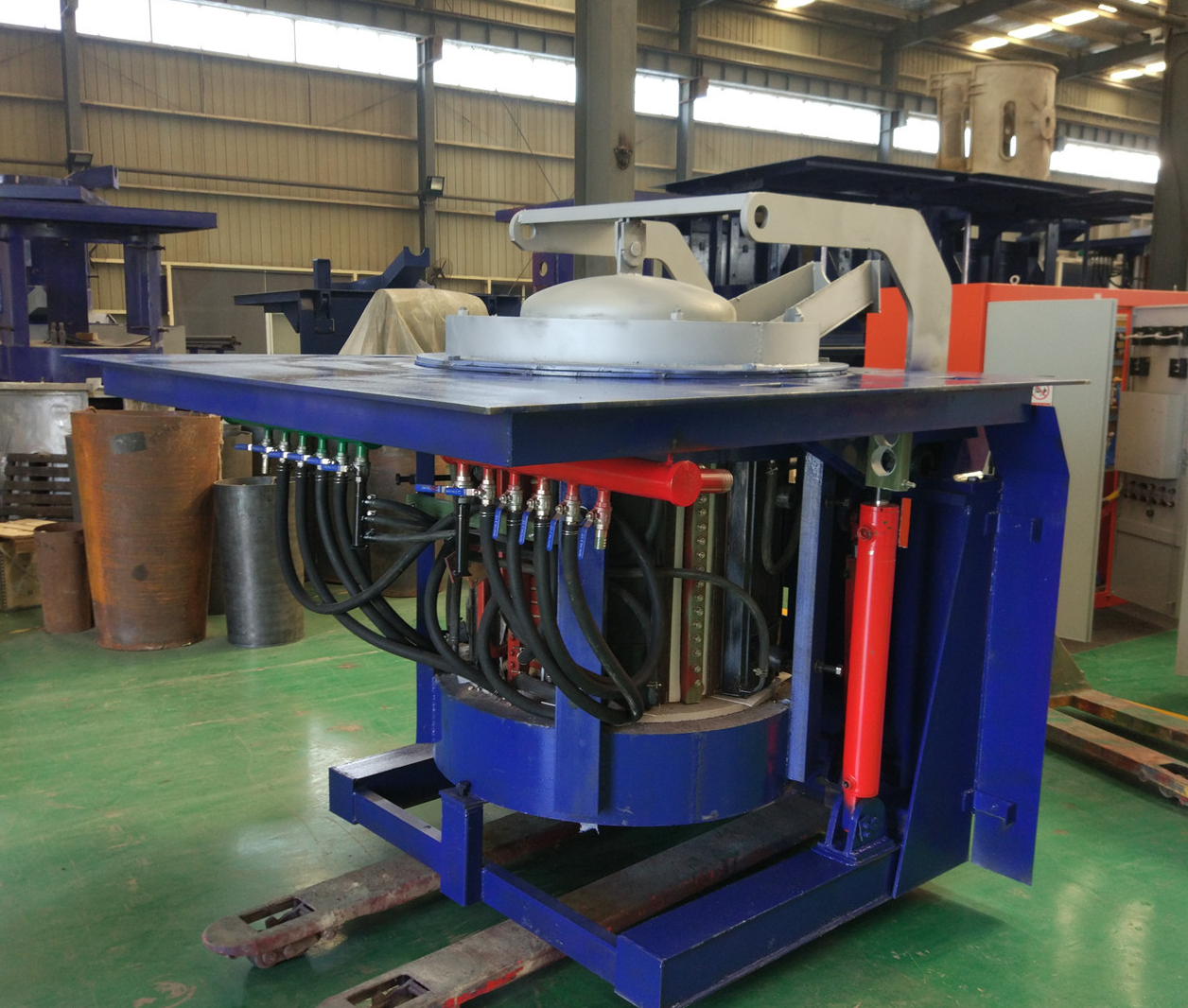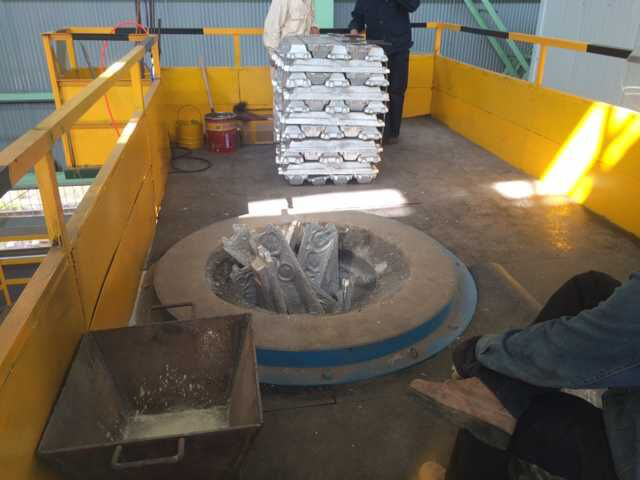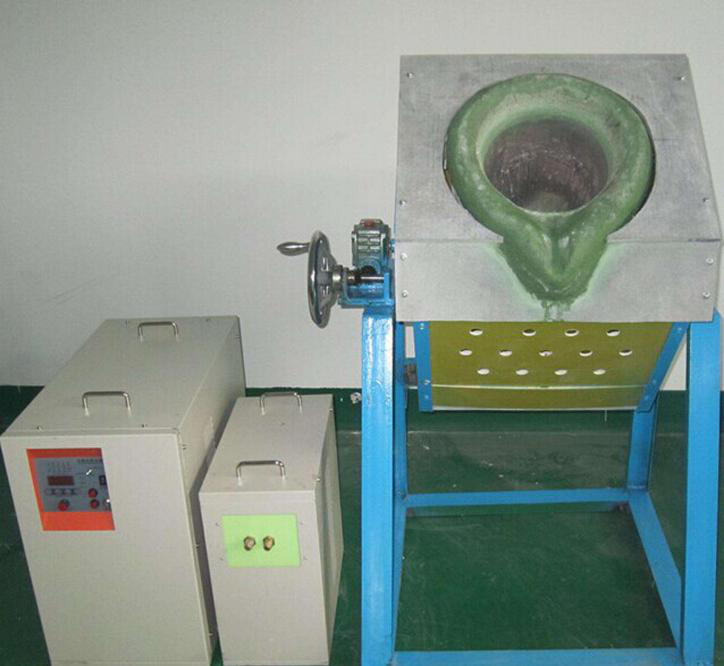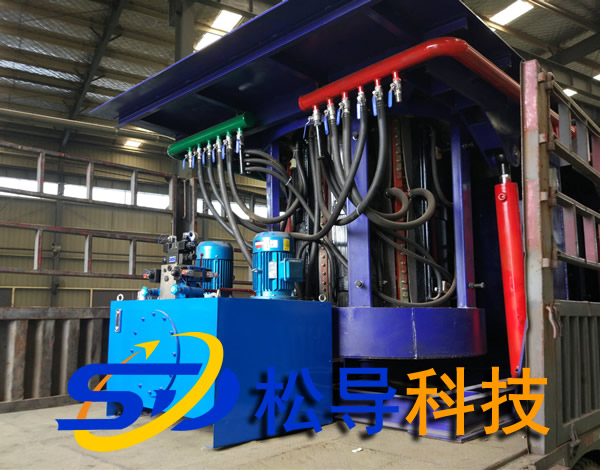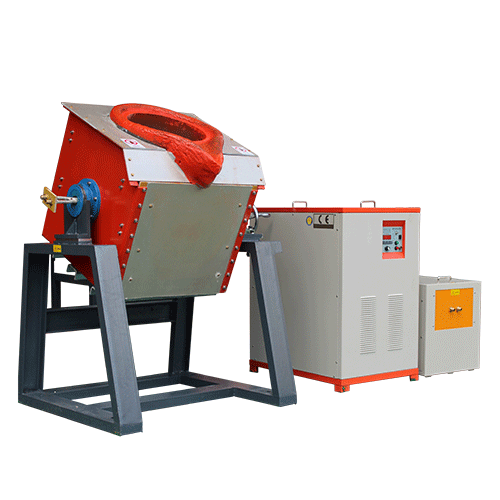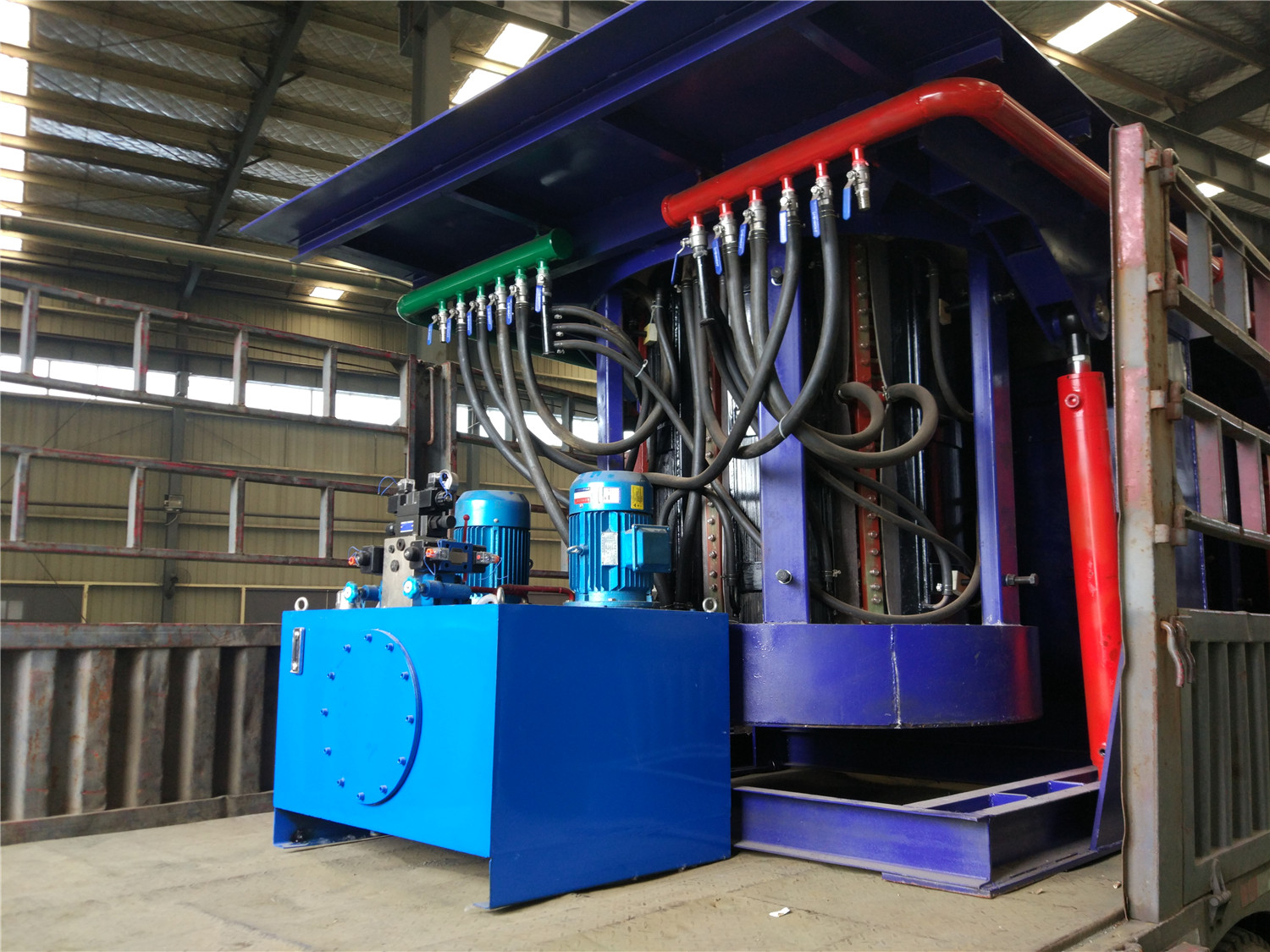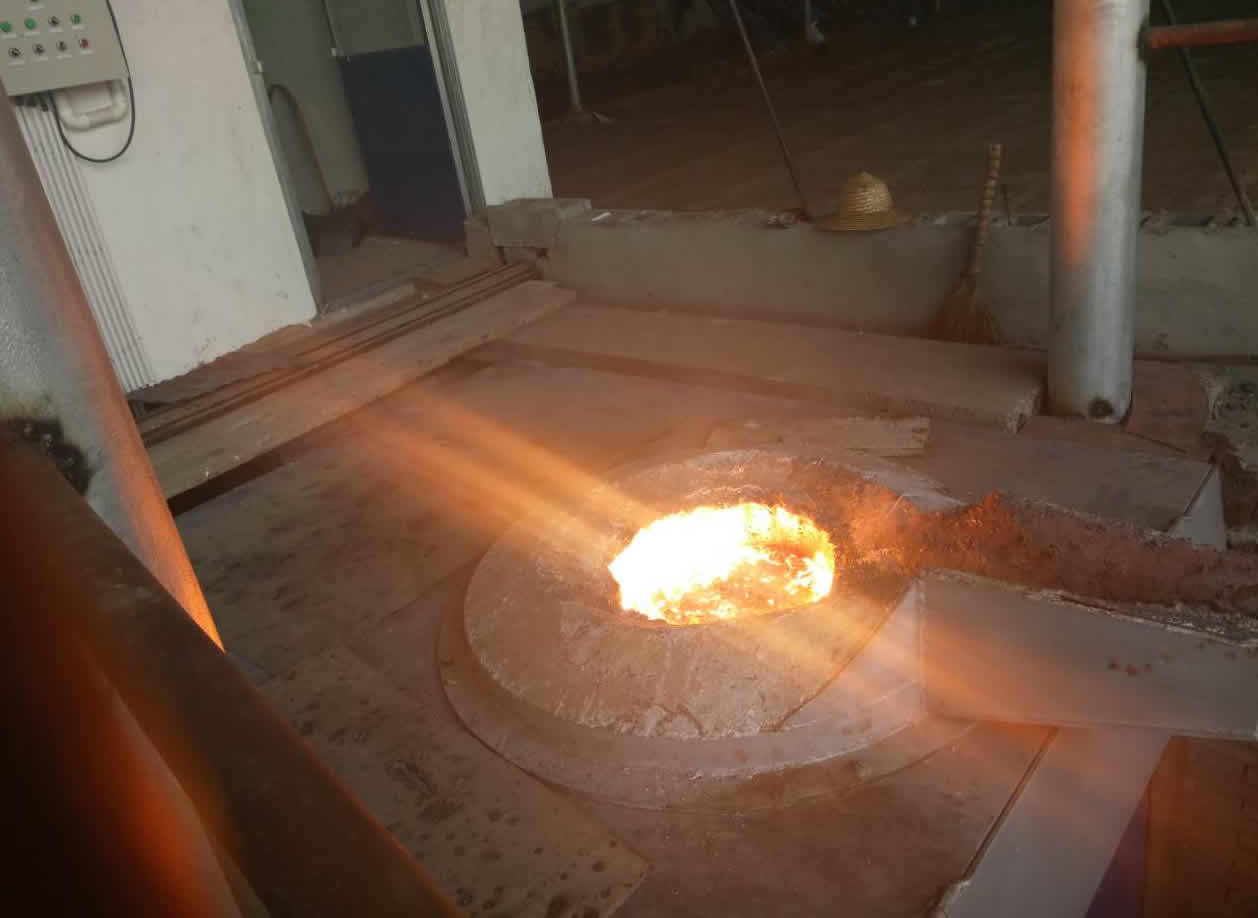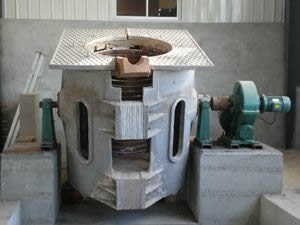Melting furnace maintenance example: capacitance-induced deep hidden fault
The initial fault was that one of the melting furnaces suddenly overcurrent protection when it was blown, and sometimes the large switch of the DW-15 tripped. When it is turned on again, the sound is normal, but the reactor voltage is dithered when the intermediate frequency voltage is turned to one thousand and two (this kind of jitter is not the kind of tractor sound when the rectifier fails). It is normal to change the melting furnace .
But after a few days, the same failure occurred in both melting furnaces . Moreover, the same failure occurred when the new furnace that burned the first furnace (when the molten iron was almost full). So I suspected that the over-current pressure was too small, but finally I finished the circuit board, and changed the normal circuit board from the normal machine on the other machine to test the machine. The fault remains.
Later, I called the manufacturer's engineer and said that it was a failure of the rectifying part of the melting furnace . Then I focused on checking the rectification part, changing both the KP and the rectification pulse, and the fault remains. Later, I changed the IF transformer, as if it was normal. Because before switching to the IF transformer, only the intermediate frequency voltage of 700 is started to shake. After changing the intermediate frequency transformer, the intermediate frequency voltage can reach one thousand and then start to shake. If you want to open a little higher, you will burn KK . Burn two pairs of KK diagonally . Later, the power supply of the weak current control part and various AC contactors were changed. Still not solving the problem. Each trigger pulse signal is also normal.
However, at this time, a prominent fault was found, and if the medium frequency voltage of the machine was turned to a thousand, it was stable. Then there is a briquetting machine next to this intermediate frequency machine. As long as the lid of the briquetting press is heavily pressed down, the ground vibration will be generated. This vibration can shock the malfunction of the machine, and the reactor will also shake. Sometimes the intermediate frequency machine will be directly shaken into a straight-through phenomenon. : The voltage is high, the current is low, and the sound of the mid-range howling is not established. So I determined that it was the cause of a bad contact.
However, it has been checked several times from the melting furnace to the switchgear, except that the contacts of the DW-15 switch have burnt spots caused by arcing and sparking. No bad contact was found. However, the DW-15 's large switch has also been replaced, and the fault remains.
I really couldn't think of a way. I began to suspect the problem of the high-voltage part, and then went to the high-voltage switchgear to check. I found that when the power supply station was connected to the high-voltage line, the silk was not locked. There is looseness. Can not help but sneak in the heart: finally found the fault. However, it was found that other melting furnaces also had the phenomenon that the silk was loose, but they all worked normally, and the heart could not help but be depressed. So after all the high-voltage wires are sturdy, the machine is tested again and the fault remains. Later, I heard from the power supply bureau that other factories also had similar faults, saying that the main transformer oil was too dirty and the pressure was not enough. Therefore, the power supply bureau has filtered the oil of the transformer and filtered it to achieve the withstand voltage value. However, the boot failure remains.
Finally, the remaining large capacitors were not checked. Visually, each large capacitor was almost the same. The tapping method was used to strike each capacitor, and the sound was the same. Finally, use the exclusion method to exclude one by one from the group of upflows. By the time the third large capacitor is removed, the machine is all working properly. When burning to the furnace, how the vibration of the adjacent briquetting machine can not affect the normal operation of the intermediate frequency machine. The final summary is due to the poor contact between the large capacitors. As the production progresses, the fault of this contact is also increased. But from the external surface, it is invisible .

